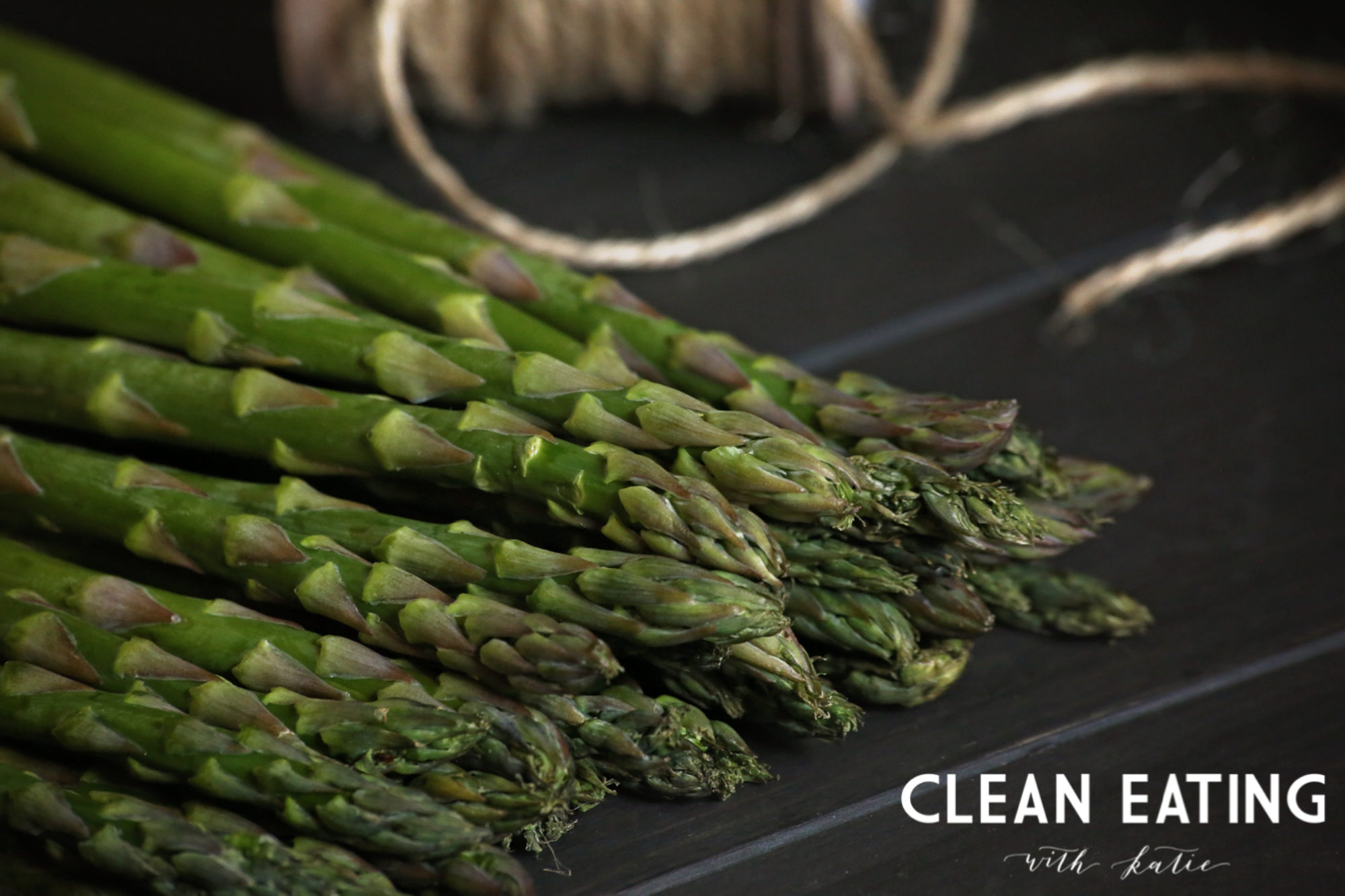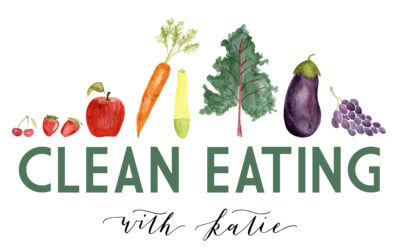Many people experience different digestion when switching to a real foods based diet. Sometimes that is for the better and sometimes initially it can change for the worse. Here are some important things to know about digestion.
- Digestion begins in the brain. Smelling food, seeing food, or thinking about food can cause the hormones involved in hunger to be activated to prepare the body for food and digestion.

- Avoid drinking a lot of water before, during, and after your meal. Water weakens the stomach acid and the digestive enzymes and reduces their ability to help process and break down foods.
- Chewing is “pre-digestion” and it vital for optimal digestive function. Be sure you chew your food until it is soft and no longer resembles its original self.
- Sit, relax, and slow down for your meals. If you are stressed when you are eating (perhaps at your desk), your body and your hormones are in “fight or flight” mode. When your sympathetic nervous system has taken over (as in flight or flight mode), digestion is “turned off”. The body prioritizes other functions instead, like vision and fast twitch muscles. For optimal digestive function, it is vital to slow down to eat.
Health begins in gut. Here are some tips for optimizing digestion:
- Remove irritating foods. Removing vegetable oils, wheat, grains, sugar, soy, and conventional dairy is important to optimize digestion.
- Increase your probiotic rich foods. Add foods like kombucha, (here is a link to a widely available (and no added sugar kombucha), sauerkraut, yogurt, kimchi, beet kvass, and kefir.
- Heal your gut lining. Consider adding L-glutamine, an amino acid that is vital for gut health, bone broth, aloe vera juice, vitamin c rich foods, and collagen peptides.


